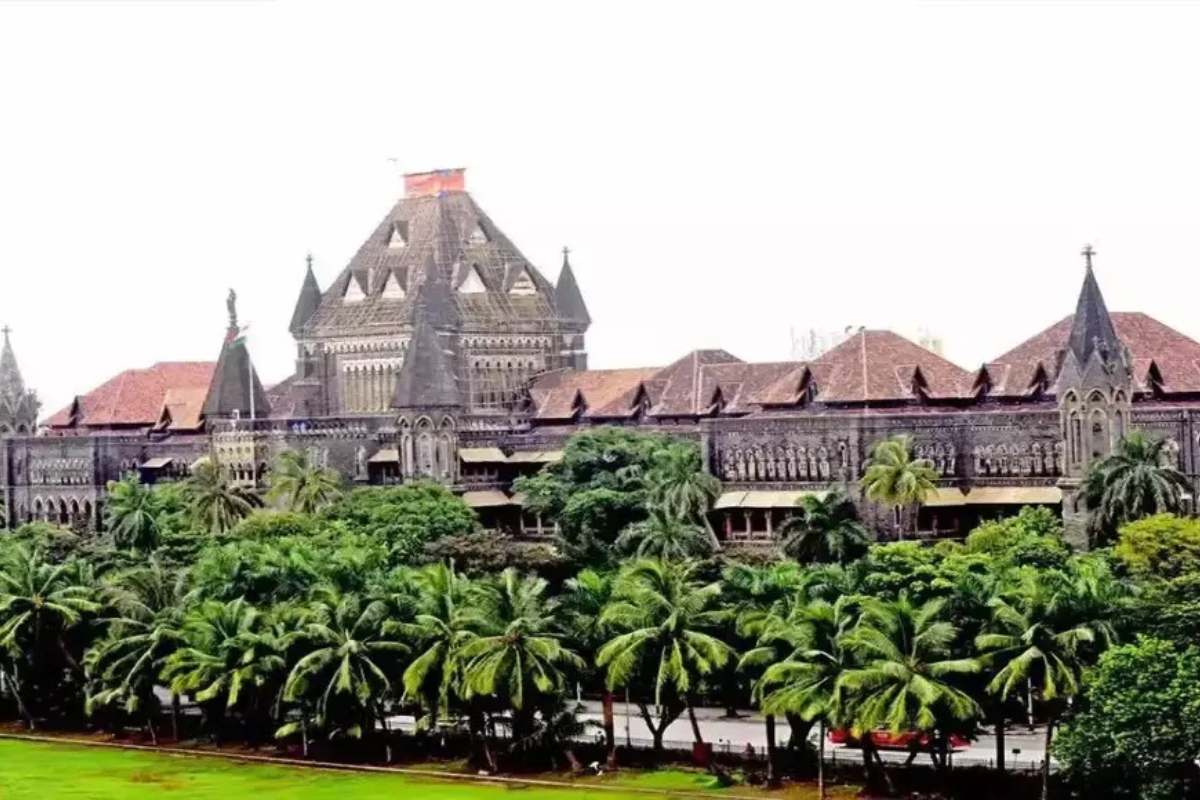In a ruling that has stirred conversation across the legal fraternity, the Bombay High Court recently delivered a judgment that touches the very core of how lawyers’ associations operate in India. For many members of the legal profession, bar associations are more than just administrative bodies; they are emotional homes, places where their careers begin, friendships form, and professional journeys take shape.
The Controversy That Sparked the Case
The case began when the Kolhapur District Bar Association issued a notice ahead of its upcoming elections. This notice declared that only members who had paid their dues by April 1, 2025, would be allowed to vote. Those who cleared their dues after the deadline were disqualified from participating in the election process. This left several members upset, feeling unfairly excluded despite having cleared their payments.

Aggrieved by the decision, the petitioners approached the Bombay High Court under Article 226 of the Constitution, seeking relief. They believed that the notice deprived eligible members of their fundamental right to vote. Their argument was simple and heartfelt: bar associations serve public functions and, being under the oversight of the Bar Council, should be considered as falling under the definition of “State” as per Article 12 of the Constitution.
What the High Court Said and Why It Matters
But the Bombay High Court took a different view. The Division Bench, comprising Justice G.S. Kulkarni and Justice Advait M. Sethna, firmly held that bar associations are private bodies and therefore not subject to writ jurisdiction. The Court explained that, unlike Bar Councils, which are created by statute and perform legal and public duties, bar associations are typically formed as societies or trusts, governed by their bylaws. They are not created under any law and hence do not qualify as “State” under Article 12.
The Bombay High Court went on to explain that there is no deep or pervasive control of the government over such associations. Their functions are not governmental, and they do not receive financial aid or fulfil statutory obligations. The Bombay High Court also cited a previous ruling, Rajghor Ranjhan Jayantilal vs. Election Scrutiny Committee of B.B.A., where similar reasoning was applied.
What This Means for Lawyers Across the Country
This judgment has important implications for lawyers everywhere. It means that internal disputes within bar associations, no matter how personal or frustrating, cannot be challenged through writ petitions. Instead, affected members will have to rely on civil remedies, such as filing a civil suit. While this may feel like a longer and more burdensome path, it is the one currently recognised by the judiciary.

For many in the legal community, this may come as a disappointment. After all, bar associations aren’t just clubs; they are essential institutions in the professional lives of lawyers. But the Bombay High Court has drawn a line, distinguishing between bodies formed by law and those that operate privately, even if they carry the weight of tradition and professional identity.
Disclaimer: This article is based on the recent judgment of the Bombay High Court and is intended for informational purposes only. It does not constitute legal advice. For any legal concerns, readers are advised to consult a qualified professional.
Also Read:
When Law and Love Unite: Supreme Court Applauds Piplantri Tree Tradition
Supreme Court Slams Overpriced Lawyers: Justice Must Be Accessible to All






